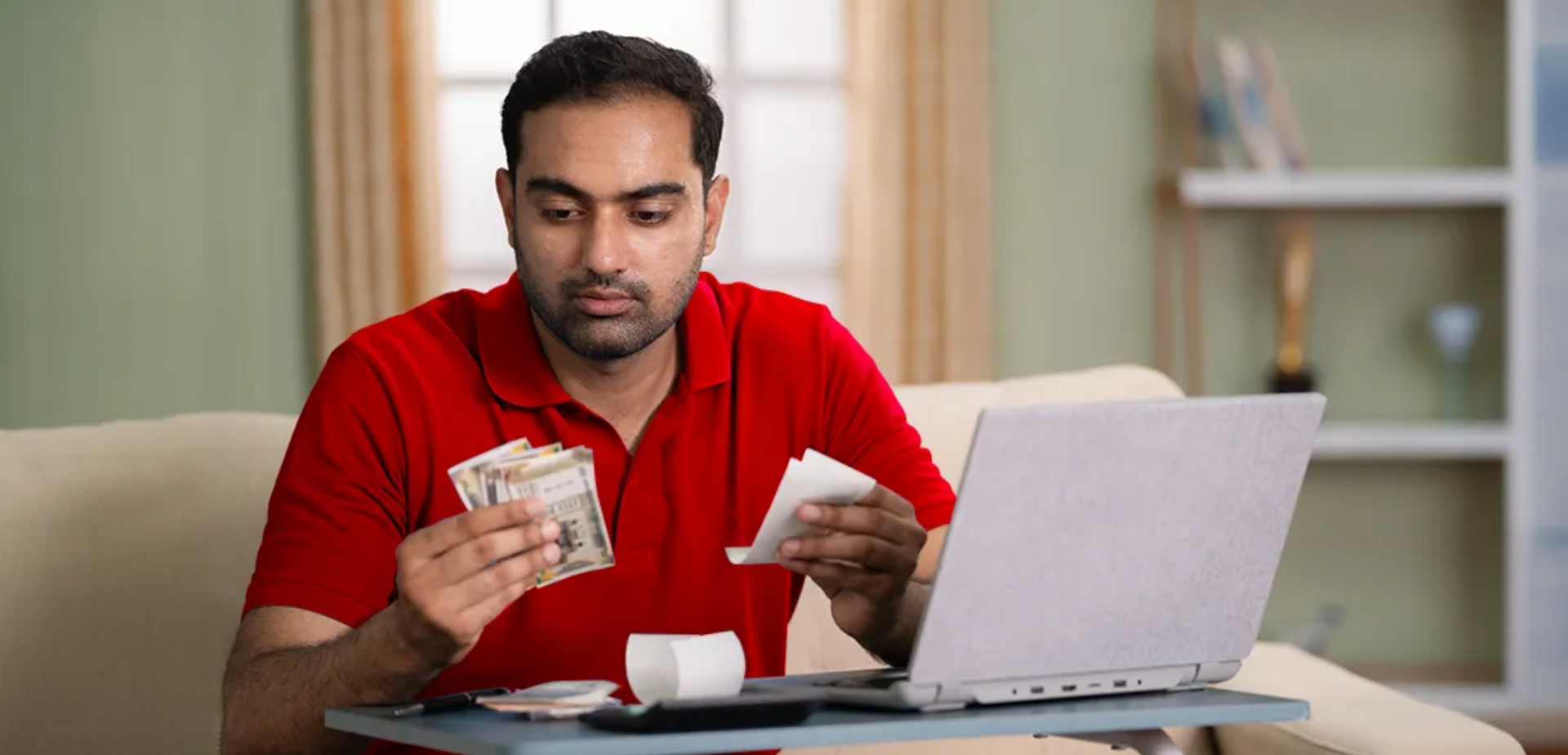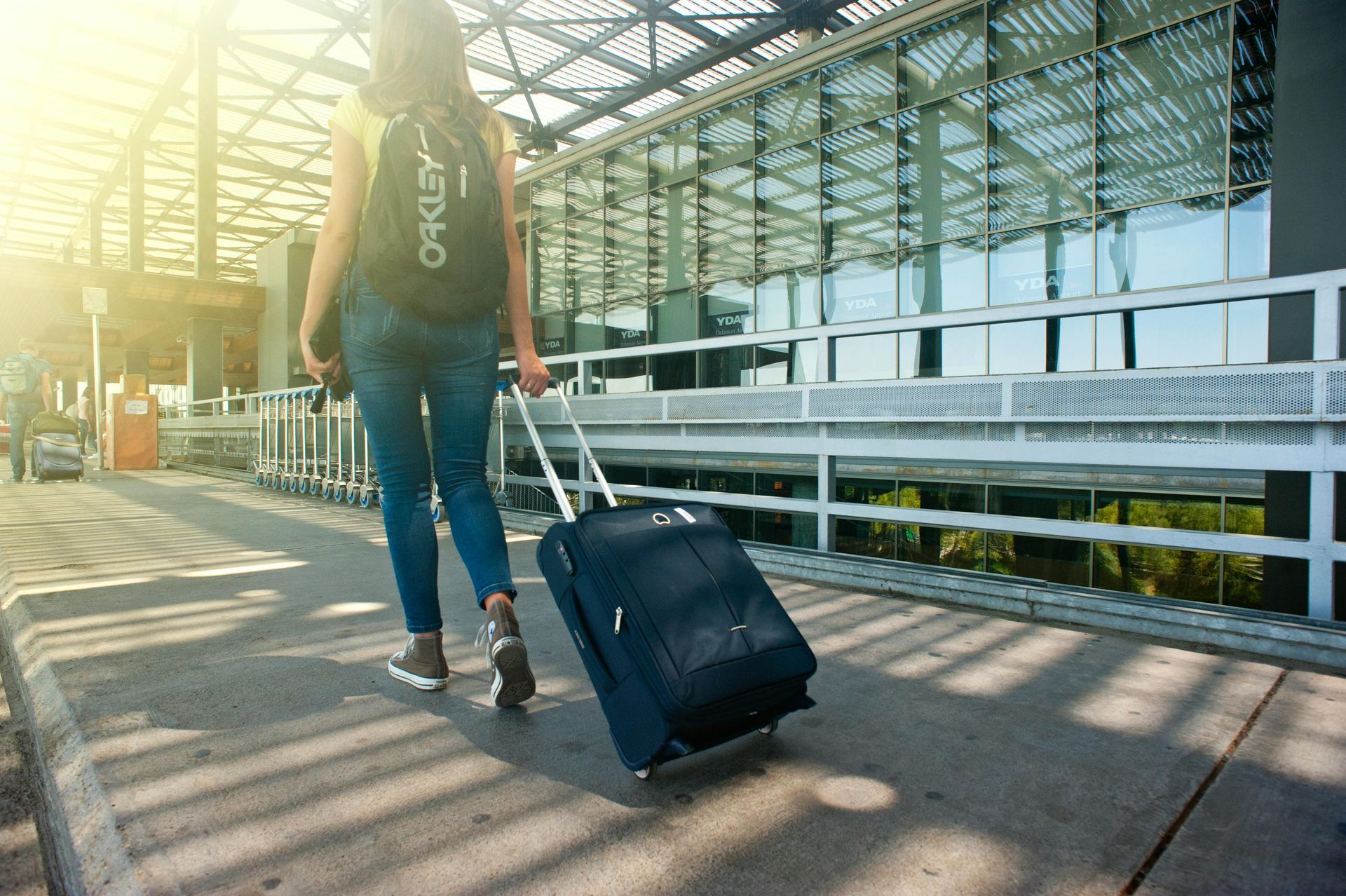How to Get Medical Travel Insurance Companies to Reimburse Your Bleisure Travel Claim (Without Losing Your Mind)
Tips For Reimbursement Success From Bleisure Travel

So, you did the responsible thing before your bleisure travel excursions—you bought travel insurance. You probably scrolled through reviews, compared plans, checked coverage for medical emergencies, and finally chose a policy that made you feel protected.
But here’s what most travelers don’t realize: filing a successful travel insurance claim—especially a medical one—isn’t always as simple as sending your receipts and waiting for a refund.
Whether it’s a minor illness, an ER visit, or something more serious, getting reimbursed takes a lot more than people think. And if you don’t have the right paperwork, proof, or follow-up, your claim might get rejected.
Let’s break down what goes wrong, what you need to do, and how to avoid the most common reasons travel insurance claims get denied.
The Reality of Travel Medical Insurance Claims
On average, 38% of travelers buy insurance for international trips, and globally, the travel insurance market is booming. But a shocking number of people struggle to actually use their coverage.
Some estimates show 33% of travel insurance claims are denied, often because of documentation errors or fine-print issues.
And let’s be honest: when you’re sick abroad, stressed out, possibly in pain, and maybe dealing with a language barrier, it's hard to focus on insurance paperwork.
The Most Common Reasons Travel Insurance Claims Get Denied
If your claim was denied—or you’re trying to avoid it happening in the future—here are the biggest pitfalls:
❌ 1. Incomplete or Missing Documentation
You’ll usually need:
- A detailed medical report
- A written diagnosis
- Date symptoms began
- Treatment plan (even if it’s just “take these pills”)
- Receipts for all services
- Signed confirmation from a doctor
Miss even one? Your claim might be rejected.
❌ 2. Vague or No Diagnosis
If your doctor doesn’t write down a diagnosis (because test results were inconclusive, for example), your insurance company might not reimburse you.
❌ 3. Language Issues
If your documents are in a language your insurer doesn’t accept—or if key details were only communicated verbally—you’re at risk of rejection.
❌ 4. What’s a “Medical Report” Anyway?
Turns out, different companies have different definitions. Some want a one-pager. Others expect a full breakdown. If it’s unclear, ask before you travel and, when you're there, help the hospital to accommodate you by outlining the exact requirements.
A Real-Life Example: Medical Claim Mayhem in Buenos Aires
I got sick in Buenos Aires and went to a hospital. The doctor was kind, but the process was chaotic. I assumed my receipts and a few notes were enough. They weren’t. My missing documentation included:
- No written diagnosis
- No clear “onset date”
- No official “medical report”
- Just verbal instructions to “take iron pills”
Three claim attempts later, I gave up. It was only $200 USD so I let it go. (The low healthcare rates outside the U.S. are another reason many claims aren't reimbursed.)
Moral of the story? Don’t assume. Ask. Document. Follow up.
How to Prepare Before You Travel
If you're making travel plans not covered by your business, here’s how to give yourself the best shot at reimbursement:
✅ 1. Call Your Insurance Company in Advance
Ask:
- What’s required to file a medical claim?
- What exactly do you mean by a “medical report”?
- Will you accept documents in another language?
- How do I submit receipts from foreign clinics or hospitals?
✅ 2. Research Local Hospitals
Search for:
- Private hospitals and clinics that accept international patients(they often have better English, faster service, more experience with foreign insurance)
- Locations recommended by expat forums or travel blogs
✅ 3. Keep Everything
Keep receipts, prescriptions, doctor notes, and discharge summaries. Use your phone to scan or photograph each piece of paper before you leave the facility.
✅ 4. Use Translation Tools
Google Translate can help bridge language gaps. Don’t be shy about asking a doctor or nurse to type something into your phone so you understand what’s going on and can document it.
Filing Your Claim After Your Trip
Once you’re home (or settled enough to breathe):
- Submit your claim as soon as possible. Most insurers have deadlines
- Double-check the required documents
- Include translations if necessary
- Add context if any documents are unclear
- Follow up (yes, you might need to send emails or call)
What to Do If Your Claim Is Denied
Don’t panic. It’s common. Here’s what you can do:
- Request clarification and ask exactly what was missing
- Appeal the decision and submit additional documentation
- Ask if a certified translation would help
- Escalate to a supervisor if needed
Sometimes, claims are denied just because of a technicality, and resubmitting the same information correctly can lead to approval.
Countries Where Claims Can Be Tougher
Some regions present extra challenges due to documentation style, informal clinics, or limited English. Be especially prepared when traveling to:
- Latin America
- Southeast Asia
- Rural areas
Final Tips: Don’t Trust the Hype
Not all travel insurance is created equal. It's surprising but just because a company is “popular” on Reddit or has ads all over YouTube, it doesn’t mean it’s not sketchy.
Wrapping It Up: Reimbursement Isn’t Guaranteed—But It Is Possible
Getting your medical travel insurance to reimburse you can feel like an uphill battle. But with a little prep, clear communication, and some persistence, you can make it happen.
Hopefully, you never need to use your insurance. But if you do, now you’ll be ready.





